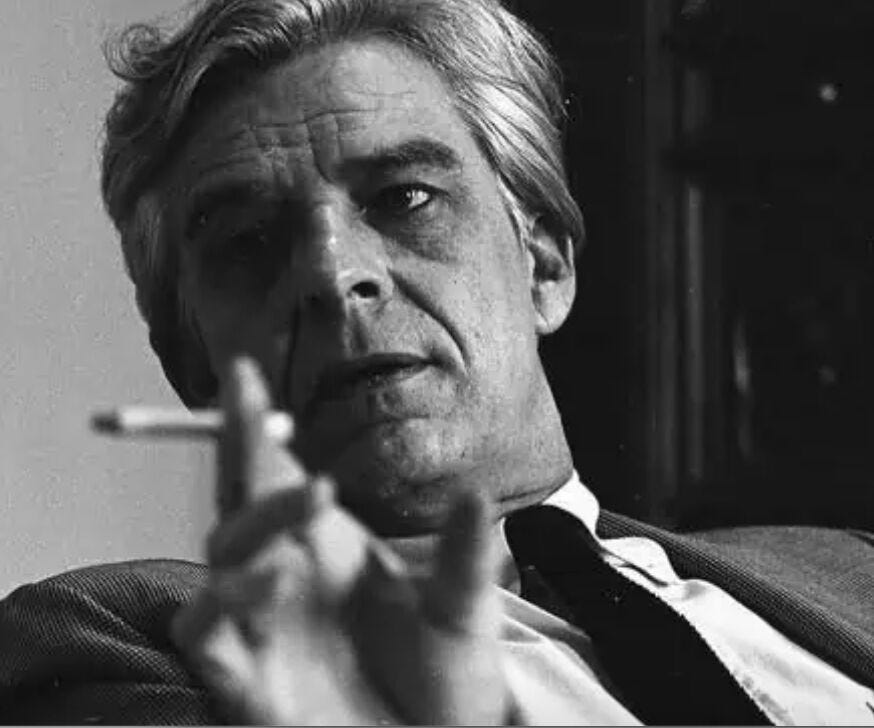Howard Luck Gossage, the Socrates of San Francisco, was a Mad Men-era ad guy who wasn't a Mad Man. Don Draper would’ve bored him to death. Gossage was curious about everything, skeptical about everything—a kind of Buckminster Fuller of advertising.
If you’ve ever encountered Marshall McLuhan, you can thank (or curse) Gossage for that. He had a knack for spotting brilliance and dragging it into the spotlight. And at the core of his philosophy was this: craft is the advantage. Make something good, make something different, and people will pay attention.
So, what would he say about AI? He’d hate it—not out of fear but because he’d see it for what it is: a shortcut. AI takes the extraordinary and sands it down to the predictable. Gossage believed advertising was art, and art demands care, rebellion, and humanity. AI, on the other hand, churns out polished mediocrity—exactly the kind of schlock Gossage lived to fight against.
But Gossage wouldn’t ignore AI. No, he’d outsmart it. He’d lean into the quirks, the humor, the imperfections—everything machines can’t do. Great communication isn’t about optimization; it’s about connection. AI might find the "perfect" phrasing, but Gossage would toss it for a line that makes you stop and think, What the hell is this?
AI is a B student: good at being average. It’s great for grunt work—research, trends, rough drafts—but if you’re outsourcing the soul of your work, what are you even doing? Creativity isn’t efficient, and that’s the point. Gossage would break AI’s rules and embrace the mess, because the best ads, like the best human expressions, defy expectations.
Machines don’t care, but humans do. That’s the difference between schlock and art. Gossage would remind us: don’t let AI constrain your creativity—use it to set it free.
The real challenge is this: How do we make sure the rise of AI doesn’t mean the death of craft? How do we keep humanity at the heart of what we do?
Let’s not let the machines have the last word.
Discussion about this post
No posts




